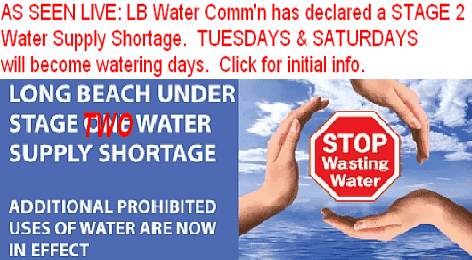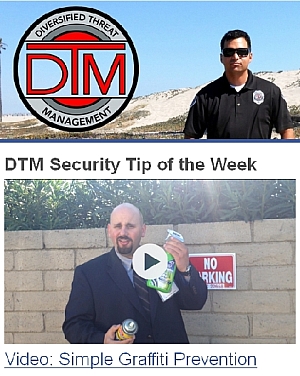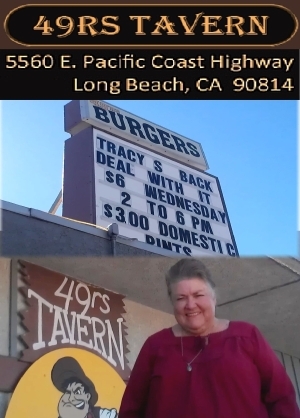UPDATED: If You Have These Specific Foster Farm Chicken Products (From March) In Your Freezer, They're Now Recalled, May Contain Salmonella Heidelberg; See Details Here



|
UPDATED: If You Have These Specific Foster Farm Chicken Products (From March) In Your Freezer, They're Now Recalled, May Contain Salmonella Heidelberg; See Details Here
|
   |
| (July 12, 2014, 8:45 p.m.) -- USDA's FSIS release on the story below has been UPDATED "to further clarify and correct "Use or Freeze by" and "Best by" date ranges, as well as to provide an updated product list. The product list remains the same and the recall is not expanded."
Please view the UPDATED release can be viewed at at this link.
(July 5, 2014) -- Although the chicken products may no longer be available for purchase, a federal agency says it requested, and Foster Farms has voluntarily agreed, to recall some products produced between March 7-13 with "use of freeze by" dates from March 16-31) that may be in people's freezers and may be contaminated with Salmonella Heidelberg. Foster Farms branded chicken currently in stores in not involved in the recall. The uncooked chicken products (details below) were shipped to Costco, Kroger, Safeway and other retail outlets in CA and elsewhere. Some frozen "Sunland Chicken" products with "best by" dates of March 7-11, 2015 are also being recalled. FSIS says it was first notified by the Centers for Disease Control and Prevention (CDC) of a Salmonella Heidelberg illness on June 23, 2014, associated with the consumption of a boneless skinless chicken breast product...and one person in CA was identified with an illness onset date of May 5, 2014. The list of products subject to recall can be accessed here," says USDA FSIS. The agency's release can be viewed in full at this link. "FSIS requested Foster Farms conduct this recall because this product is known to be associated with a specific illness," the USDA FSIS release said. On its company website, Foster Farms says the recall is "voluntary" (for company release on the recall, click here) The USDA FSIS action is a "Class 1" recall, meaning the agency believes "this is a health hazard situation where there is a reasonable probability that the use of the product will cause serious, adverse health consequences or death." The USDA FSIS release [extended text below] says "Consumption of food contaminated with Salmonella can cause salmonellosis, one of the most common bacterial foodborne illnesses. The most common symptoms of salmonellosis are diarrhea, abdominal cramps, and fever within 12 to 72 hours after eating the contaminated product. The illness usually lasts 4 to 7 days. Most people recover without treatment. In some persons, however, the diarrhea may be so severe that the patient needs to be hospitalized. Older adults, infants, and persons with weakened immune systems are more likely to develop a severe illness. Individuals concerned about an illness should contact their health care provider." Foster Farms says in a company release: "Only products made in California within this specific March timeframe and with plant codes of P-6137, P-6137A and P-7632 are involved. Fresh Foster Farms branded chicken products in grocery stores today are not involved. Individually frozen bags of chicken sold at retail are not involved." "Consumers are advised to discard or return affected product to the place of purchase," Foster Farms says. The company adds, "Foster Farms regrets any illness associated with its products." The company release can be viewed here. FSIS includes a generic advisory applicable to cooking all raw chicken products that "while cooking instructions may give a specific number of minutes of cooking for each side of the product in order to attain an 165 °F internal temperature, consumers should be aware that actual time may vary depending on the cooking method (broiling, frying or grilling) and the temperature of the product (chilled versus frozen), so it is important that the final temperature of 165 °F must be reached for safety. Do not rely on the cooking time for each side of the product, but use a food thermometer." Salient portions of USDA's release follow: [USDA July 4 release text] Foster Farms, a Livingston, Calif., based establishment, is recalling an undetermined amount of chicken products that may be contaminated with a particular strain of Salmonella Heidelberg, the U.S. Department of Agriculture’s Food Safety and Inspection Service (FSIS) announced today. FSIS requested Foster Farms conduct this recall because this product is known to be associated with a specific illness.
blog comments powered by Disqus
Contact us: mail@LBReport.com |
 Need A Plumber, NOW? DrainPros Does It All; Click This Text To See Their Many Services AND Click Below To See Their Current Specials   Click for VIDEO and see how Diversified Threat Management private security can help protect your neighborhood and your business. Affordable group rates available.        
 Hardwood Floor Specialists Call (562) 422-2800 or (714) 836-7050  |
Contact us: mail@LBReport.com